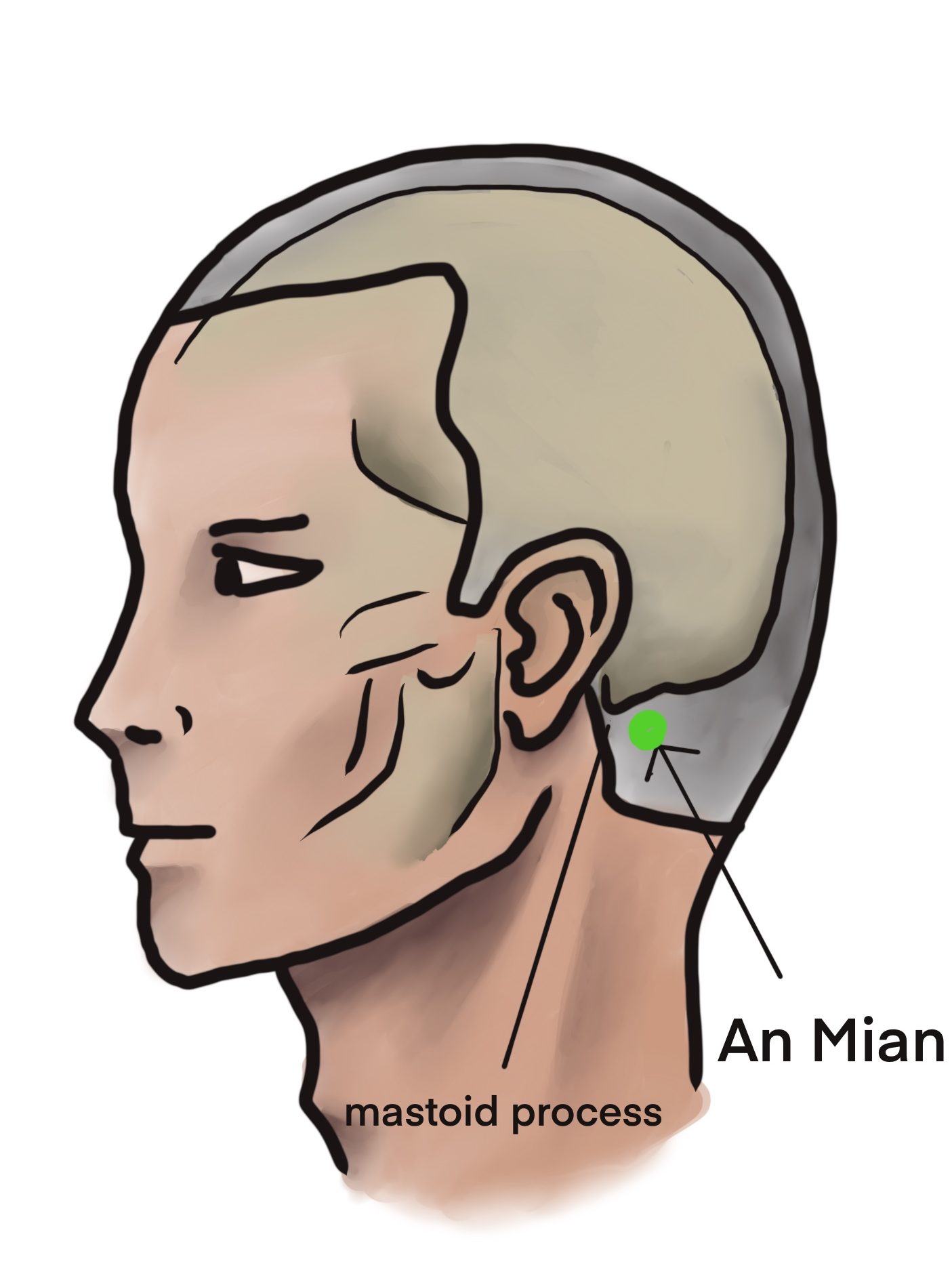When the pandemic started, I had to close my clinic for a while. I suddenly lost the source of livelihood with no end in sight. I became anxious and started to have trouble sleeping. I never had difficulty sleeping before (I have slept through a big earthquake once in Japan), so this was serious. It was horrible, but it was a good opportunity for me to experience the negative loop, in which I had insomnia because of my anxiety, and I became more anxious because of my insomnia.
In 2020 and this year so far, this has been the common theme for almost everyone who came to my clinic. In Asian medical tradition, insomnia is viewed as the imbalance of Yin and Yang. The active mind is obviously Yang, and the quiet mind is Yin. In the normal circumstances, the mind naturally quiets down at the end of the day (the time of Yin), and the mind becomes active when the day begins (the time of Yang). When the mind is overwhelmed, Yang spills into Yin and wreaks havoc.
We, acupuncturists, also consult with our own circadian rhythm when we treat insomnia. According to this system, the functionality of each organ is at its peak at different time of the day. For insomnia, we look at the following organs because they reach their functional and restorative peaks at night:
11 pm to 1 am Gallbladder
1 am to 3 am Liver
3 am to 5 am Lungs
5 am to 7 am Large Intestine
7 am to 9 am Stomach
Ideally at night, we are resting during this time to let the organs be replenished of blood and nutrients, but we occasionally wake up during this time when there is an imbalance of the organ. I commonly hear “I wake up at 1 am often and can’t go back to sleep for two hours” or “I wake up at 4 am to pee and can’t fall back to sleep”. Acupuncturists will look at liver and lungs respectively.
Finally, I have always noticed that people with insomnia all have tight necks and shoulders. They are undoubtedly the signs of stress and poor sleeping posture, but also the tension of the neck affects the cranial nerves. In a nutshell, the brain receives the mixed message that the body is not resting. Coincidentally, an acupuncture point named, 安眠An Mian (Ch.) or An Min (Jp.) is located near the mastoid process of the skull. The name means “peaceful sleep”, and it is a good point to address insomnia. If you decide to give yourself acupressure on this point, I recommend gently massaging it since there are so many delicate structures in the neck. Also, regular stretching regimen that focuses on relaxing the neck and shoulders is beneficial.
*Individual results may vary.


